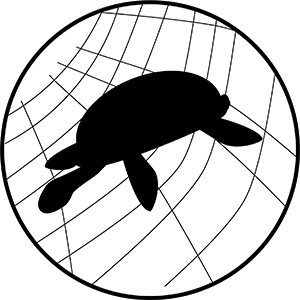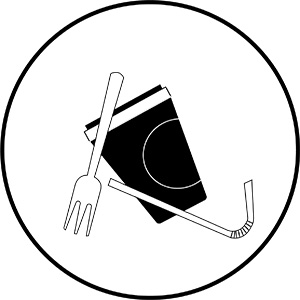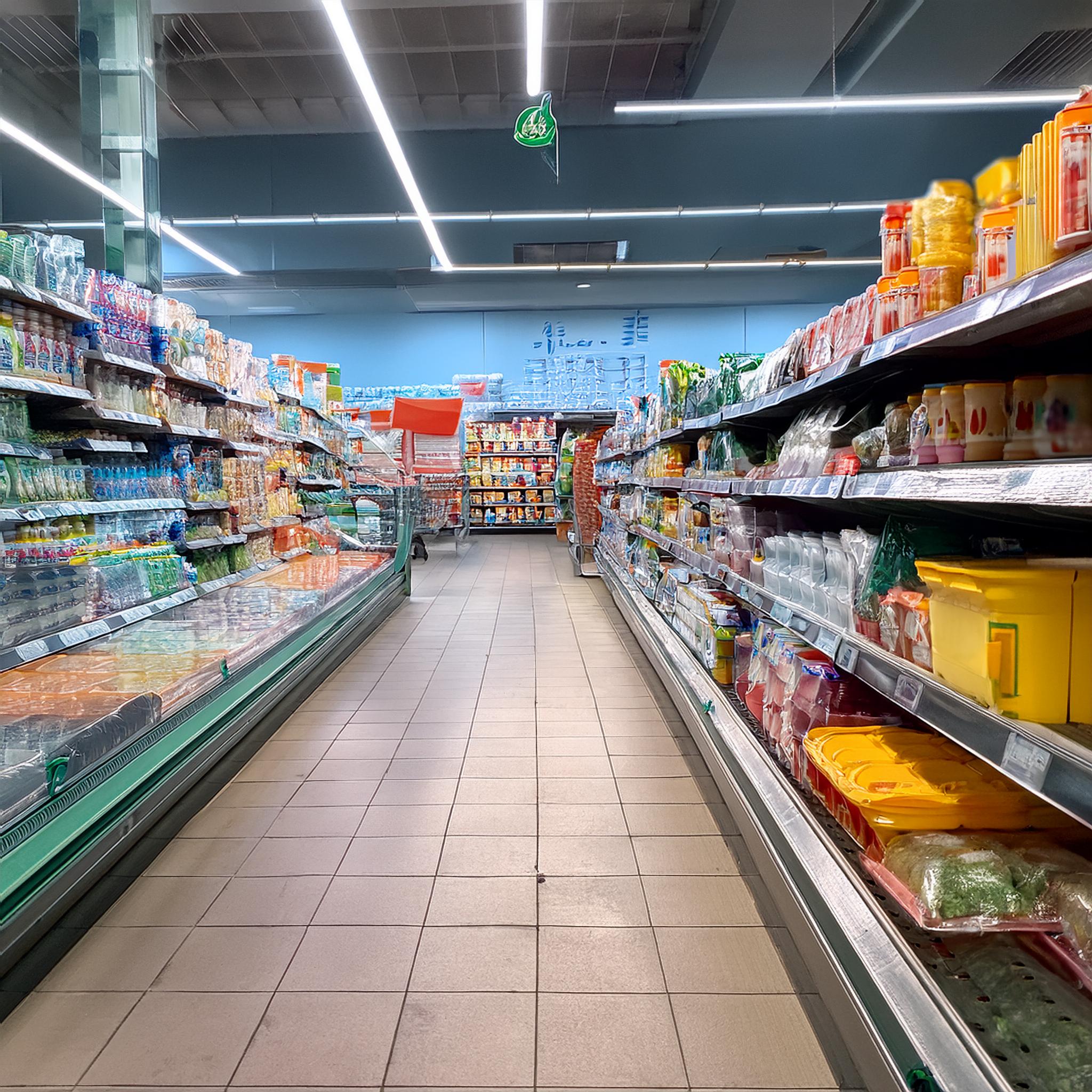NegotiateAI to fight plastic pollution.
Using artificial intelligence to facilitate international environmental negotiations.
The Plastic Pollution Crisis
Plastic pollution is a rapidly growing global crisis, with an estimated 4.8 to 12.7 million tonnes of plastic entering the oceans every year. If no action is taken, the global production of plastic waste is expected to almost triple by 2060. The production of plastic, which relies heavily on fossil fuels and toxic additives, poses serious risks to the environment and human health. This situation calls for immediate and comprehensive action to curb the harmful effects of plastic pollution.
About the GIZ
The Deutsche Gesellschaft für Internationale Zusammenarbeit (GIZ) GmbH is a global service provider dedicated to international cooperation for sustainable development. GIZ is active in over 120 countries and aims to shape a future worth living by promoting initiatives for sustainable development. The Data Lab of the Gesellschaft für Internationale Zusammenarbeit (GIZ) explores data projects for practical application in the field of Data4Development and international cooperation. Since 2023, we have been working together with GIZ on the ‘NegotiateAI’ project.
READ MORE



















Intergovernmental Negotiating Committee
The Intergovernmental Negotiating Committee (INC) on Plastic Pollution was established following a historic resolution adopted at the fifth session of the UN Environment Assembly (UNEA-5.2) in March 2022. This resolution called for the development of an international legally binding instrument to tackle plastic pollution across the entire life cycle from production to disposal. The aim is to create a solid framework that facilitates the fight against plastic pollution and promotes sustainable production and consumption of plastics. Representatives from around 180 countries are taking part in this comprehensive negotiation process. The INC's work began in the second half of 2022, with five negotiating sessions planned to finalise the agreement by the end of 2024.
Negotiate AI
NegotiateAI is an innovative, user-friendly online application developed to support the United Nations negotiation process on the international legally binding instrument to combat plastic pollution. The application allows users to search through treaty documents or extract specific information as quickly as possible in the form of a natural language chat interface.
READ MOREHow It Works
Technology
NegotiateAI uses retrieval augmented generation, a context augmentation strategy, to answer questions using AI. The approach combines the strengths of two models: a retrieval augmented generation (RAG) technology (semantic search) with a generative AI model. This allows relevant information to be retrieved from a database and converted directly into a precise answer. The context of the query is first compared with the knowledge database and the relevant parts are integrated into the creation of the answer.
Key Functions
The core function of generative AI is the query in natural language. However, NegotiateAI also offers the option of using only filter functions to create lists of relevant documents. This flexibility allows users to tailor their search queries to specific needs without having to rely on generative AI in every case.
Data Base
The application's knowledge base was carefully compiled from the official documents of the UN negotiations through web scraping, categorisation and analysis. This ensures high performance and accuracy of the AI answers.
User-Centred Design
Das Design von NegotiateAI stellt die Benutzerfreundlichkeit in den Vordergrund, mit fortschrittlichen Filtern, die es den Benutzern ermöglichen, gezielte Suchen auf der Grundlage von Ländern, Verhandlungsrunden oder thematischen Abschnitten des Abkommens durchzuführen. Dieser strukturierte Ansatz verbessert sowohl die Effizienz als auch die Effektivität beim Zugriff auf relevante Informationen.
Challenges and Limitations
Performance
NegotiateAI faces challenges when searching through large data sets without filters, often resulting in slow performance and incomplete or incorrect answers. This is due to the huge amount of data processed and the significant computing resources required.
Context Window
Generative KI-Modelle haben eine maximale Größe des Kontextfensters, wodurch die Textmenge, die sie gleichzeitig verarbeiten können, begrenzt wird. Dies kann dazu führen, dass bei komplexen Fragen wichtige Informationen übersehen werden.
Ressources
Die Verarbeitung einer großen Anzahl von Dokumenten in Echtzeit erfordert erhebliche Rechenressourcen. Die Begrenzung der Anzahl der Absätze hilft bei der Verwaltung der Ressourcen, kann aber dazu führen, dass einige relevante Daten nicht berücksichtigt werden.
Strategies
Um diese Probleme zu lösen, werden die Benutzer ermutigt, Filter anzuwenden und spezifische, konkrete Fragen zu stellen. Ein verbessertes Front-End-Design und eine bessere Benutzerführung können dazu beitragen, die Leistungsprobleme zu mindern und die Benutzerfreundlichkeit insgesamt zu verbessern.

Prompt: A beach with lots of old fisher net, plastic bottles and other debris on the shore, Baltic Sea aesthetic

Prompt: A public trash can is overflowing, surrounded by trash, with a pigeon standing next to it

Prompt: An Andy-Warhol-like supermarket scenario, many products with plastic packages
AI X Plastic
We asked AI tool Adobe Firefly to generate some impressions for this website!
Next Case Study
Soil Mapping
This website does not use tracking cookies. The only external service we utilize is the Google Maps API to display our office location.
If you prefer not to use Google Maps, you can opt out below. For more details, please refer to our data privacy policy here.
Join the conversation with our Social Data Science Quarterly newsletter.
Our Social Data Science Quarterly newsletter provides an overview of our current work. It is aimed at anyone interested in keeping up with new data solutions, tools, and the latest in social data science, civic tech, and the open-source community.
SUBSCRIBE